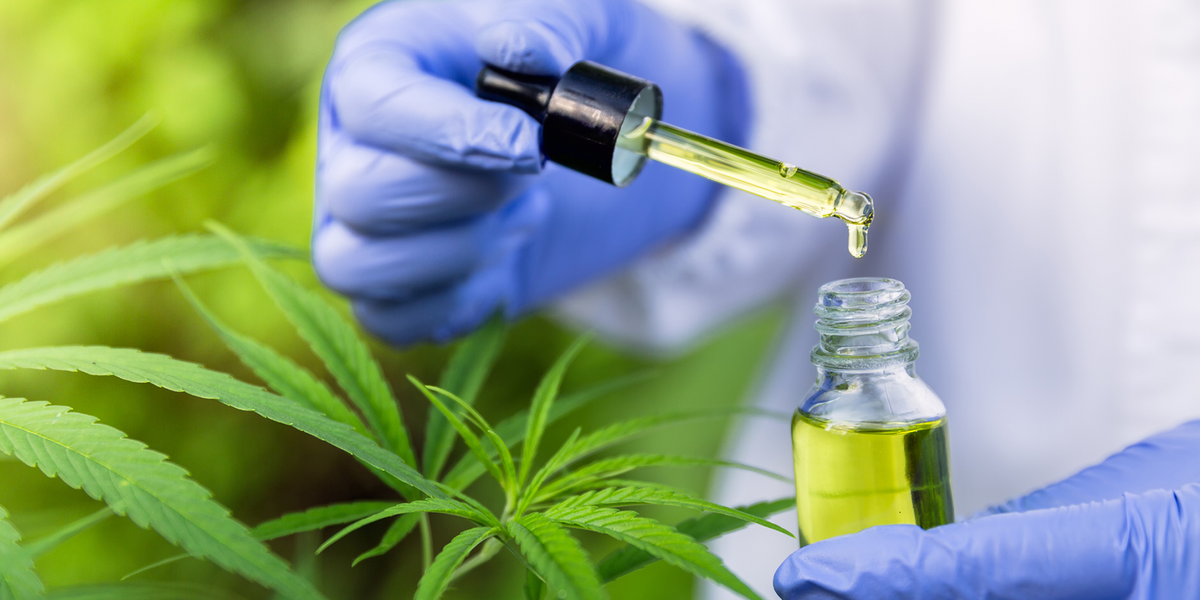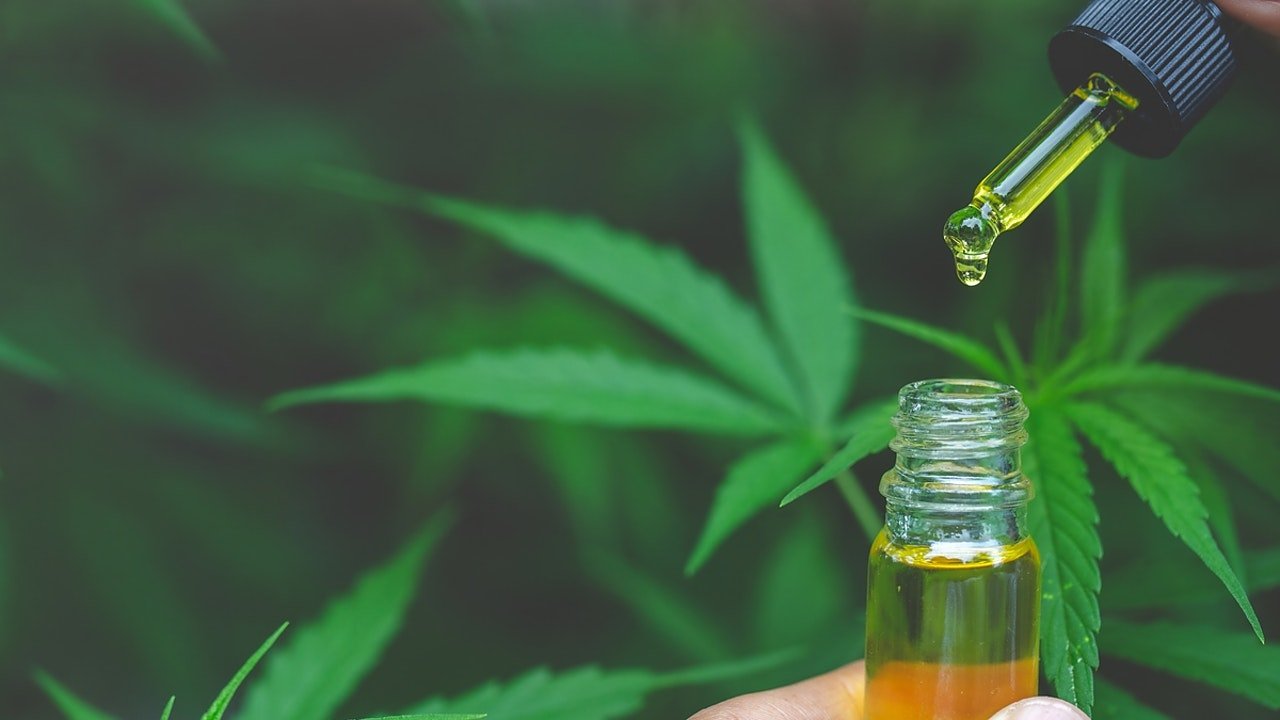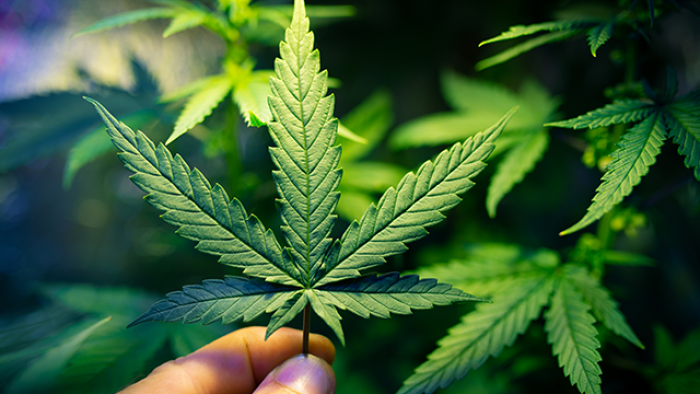Following the last newsletter, we are going more in depth with CBD and it’s regulations in sport enviroment.
1. CBD IS NOT CONSIDERED A DRUG
Indirectly we answer so many of our readers/sportsmen who ask us “But is CBD doping?” Absolutely NO.
The World Anti-Doping Agency (WADA) listed Cannabis as a prohibited substance in all sports in 2004. The reasons for this choice are mainly motivated by the psychotropic effects of tetrahydrocannabinol (THC), the main component of Cannabis, which could affect the performance of athletes.
But Cannabis is not only THC. CBD is another key constituent of Cannabis that, although it does not induce intoxicating effects, is known for its interesting pharmacological properties.
In 2013 the World Anti Doping Agency (WADA) has raised the levels of active ingredients of Cannabis for athletes from 15 nanograms per ml to 150 representing positive news for those athletes who prefer to use this product instead of opiates and then if found positive for Cannabis within these limits will not be disqualified.
Ben Nichols, Anti-Doping Agency: “Our information suggests that the new threshold is an attempt to ensure that contextual use, and not use in the days or weeks before or after, is detected in competitions.”
The new list that has been published in the Official Gazette, it is not present, as had been foreseen by a decree issued in June 2019.
The decision follows the fact that it had been the World Anti-Doping Agency to exclude CBD from prohibited substances as of January 1, 2019 and was probably favored by the fact that more and more athletes are relying on the gifts of CBD, but also of food hemp, to stay fit and recover better after physical efforts.
Shortly after, the UFC, the mixed martial arts league, had declared that it had reached an agreement with the Canadian company Aurora to conduct clinical research to study the relationship between CBD-based products and the well-being of athletes.
In fact, both in the USA and in Europe it is used by athletes of different disciplines especially for its analgesic and anti-inflammatory qualities. Overseas, the cannabinoid is now present in dozens of products from food to drinks, through topical products such as creams and tinctures, which can be spread locally, up to the more classic oils to be ingested.

2. RESEARCHES
“Cannabidiol in sport: ergogenic or else?” is the title of a publication appeared on the scientific journal Pharmacological Research, which sees among the authors the Italian Vincenzo Di Marzo, one of the world’s leading experts on Cannabis and the Endocannabinoid System.
The term ergogenic means any external factor (mechanical, pharmacological, nutritional, etc. ..) that can determine an improvement in physical performance and that affects the physiology of the human body.
“Unlike Δ9-tetrahydrocannabinol, CBD is non-intoxicating but exhibits pharmacological properties that are interesting for medical use. The worldwide regulatory status of CBD is complex and this compound is still a controlled substance in many countries. Interestingly, however, the World Anti-Doping Agency removed CBD from the list of prohibited substances – in or out of competition – since 2019.”
Dr. Vincenzo Di Marzio added “This recent decision by the WADA leaves the door open for CBD use by athletes. In the present opinion article we wish to expose the different CBD properties discovered in preclinical studies that could be further tested in the sport domain to ascertain its utility.
Preclinical studies suggest that CBD could be useful to athletes due to its anti-inflammatory, analgesic, anxiolytic, neuroprotective properties and its influence on the sleep-wake cycle.”

3. LIMITATIONS TO THE USE OF CBD
As seen, pre-clinical studies suggest that CBD may be beneficial to athletes due to its anti-inflammatory, analgesic, anxiolytic, neuroprotective properties and its influence on the sleep-wake cycle.
Therefore, although CBD seems like an interesting molecule with a wide range of potentially useful properties for athletes, some considerations must be taken into account before recommending CBD to an athlete.
First, only a few studies are available on the use of CBD in adults, and the recent Food and Drug Administration (FDA) and European Medicines Agency (EMA) approval of botanical CBD as a therapeutic drug against certain types of untreatable pediatric epilepsy do not justify its discrimination used as a dietary supplement or for other forms.
Second, no study to date has compared CBD with conventional drugs or therapies already approved and used by athletes. It is possible that CBD is less effective or induces undesirable side effects than these drugs, although it appears to be relatively safe in humans. Recall that the most commonly reported side effects in clinical trials are fatigue, diarrhea, and changes in appetite and body weight.
By preventing pain impulses from reaching the brain: CBD activates a number of receptors in the brain and spinal cord (including, to some extent, opioid receptors) that work to reduce pain impulses before they reach the brain.
In addition, it is important to consider dosing issues. The desired effects (anxiolytic, neuroprotective, anti-inflammatory, analgesic, etc…) appear to be dose-dependent, so it’s important to assume the correct amount and not abuse it
Conclusions
In general, while the effects of THC have been extensively proven by science, more research is needed for CBD, although anecdotal evidence seems to support this possibility. At the scientific research level, there are a lot of studies that proves CBD helps in a lot of situations.
Cannabidiol is increasingly being used by those athletes – whether still active or late in their careers – who are struggling with pain. Research reports its potential use in treating pain caused by inflammation, and there are studies that have investigated cannabidiol’s effectiveness on many inflammatory conditions
Early data are also emerging indicating that CBD protects joints against severe damage and reduces the inflammatory process. However, the World Anti-Doping Agency (WADA-AMA) reminds us to always be careful. Although cannabidiol is not prohibited, athletes should always consider that some CBD oils or other cannabidiol products may also contain a modest – but doping-sensitive – amount of THC. To avoid testing positive, it is best to make sure you are taking a cannabidiol product that is free of other “prohibited” active ingredients.
Following the last newsletter, we are going more in depth with CBD and it’s regulations in sport enviroment.
1. CBD IS NOT CONSIDERED A DRUG
Indirectly we answer so many of our readers/sportsmen who ask us “But is CBD doping?” Absolutely NO.
The World Anti-Doping Agency (WADA) listed Cannabis as a prohibited substance in all sports in 2004. The reasons for this choice are mainly motivated by the psychotropic effects of tetrahydrocannabinol (THC), the main component of Cannabis, which could affect the performance of athletes.
But Cannabis is not only THC. CBD is another key constituent of Cannabis that, although it does not induce intoxicating effects, is known for its interesting pharmacological properties.
In 2013 the World Anti Doping Agency (WADA) has raised the levels of active ingredients of Cannabis for athletes from 15 nanograms per ml to 150 representing positive news for those athletes who prefer to use this product instead of opiates and then if found positive for Cannabis within these limits will not be disqualified.
Ben Nichols, Anti-Doping Agency: “Our information suggests that the new threshold is an attempt to ensure that contextual use, and not use in the days or weeks before or after, is detected in competitions.”
The new list that has been published in the Official Gazette, it is not present, as had been foreseen by a decree issued in June 2019.
Shortly after, the UFC, the mixed martial arts league, had declared that it had reached an agreement with the Canadian company Aurora to conduct clinical research to study the relationship between CBD-based products and the well-being of athletes.
In fact, both in the USA and in Europe it is used by athletes of different disciplines especially for its analgesic and anti-inflammatory qualities. Overseas, the cannabinoid is now present in dozens of products from food to drinks, through topical products such as creams and tinctures, which can be spread locally, up to the more classic oils to be ingested.

2. RESEARCHES
“Cannabidiol in sport: ergogenic or else?” is the title of a publication appeared on the scientific journal Pharmacological Research, which sees among the authors the Italian Vincenzo Di Marzo, one of the world’s leading experts on Cannabis and the Endocannabinoid System.
The term ergogenic means any external factor (mechanical, pharmacological, nutritional, etc. ..) that can determine an improvement in physical performance and that affects the physiology of the human body.
“Unlike Δ9-tetrahydrocannabinol, CBD is non-intoxicating but exhibits pharmacological properties that are interesting for medical use. The worldwide regulatory status of CBD is complex and this compound is still a controlled substance in many countries. Interestingly, however, the World Anti-Doping Agency removed CBD from the list of prohibited substances – in or out of competition – since 2019.”
Dr. Vincenzo Di Marzio added “This recent decision by the WADA leaves the door open for CBD use by athletes. In the present opinion article we wish to expose the different CBD properties discovered in preclinical studies that could be further tested in the sport domain to ascertain its utility.
Preclinical studies suggest that CBD could be useful to athletes due to its anti-inflammatory, analgesic, anxiolytic, neuroprotective properties and its influence on the sleep-wake cycle.”

3. LIMITATIONS TO THE USE OF CBD
As seen, pre-clinical studies suggest that CBD may be beneficial to athletes due to its anti-inflammatory, analgesic, anxiolytic, neuroprotective properties and its influence on the sleep-wake cycle.
Therefore, although CBD seems like an interesting molecule with a wide range of potentially useful properties for athletes, some considerations must be taken into account before recommending CBD to an athlete.
First, only a few studies are available on the use of CBD in adults, and the recent Food and Drug Administration (FDA) and European Medicines Agency (EMA) approval of botanical CBD as a therapeutic drug against certain types of untreatable pediatric epilepsy do not justify its discrimination used as a dietary supplement or for other forms.
Second, no study to date has compared CBD with conventional drugs or therapies already approved and used by athletes. It is possible that CBD is less effective or induces undesirable side effects than these drugs, although it appears to be relatively safe in humans. Recall that the most commonly reported side effects in clinical trials are fatigue, diarrhea, and changes in appetite and body weight.
In addition, it is important to consider dosing issues. The desired effects (anxiolytic, neuroprotective, anti-inflammatory, analgesic, etc…) appear to be dose-dependent, so it’s important to assume the correct amount and not abuse it.
Conclusions
In general, while the effects of THC have been extensively proven by science, more research is needed for CBD, although anecdotal evidence seems to support this possibility. At the scientific research level, there are a lot of studies that proves CBD helps in a lot of situations
Cannabidiol is increasingly being used by those athletes – whether still active or late in their careers – who are struggling with pain. Research reports its potential use in treating pain caused by inflammation, and there are studies that have investigated cannabidiol’s effectiveness on many inflammatory conditions .
Early data are also emerging indicating that CBD protects joints against severe damage and reduces the inflammatory process. However, the World Anti-Doping Agency (WADA-AMA) reminds us to always be careful. Although cannabidiol is not prohibited, athletes should always consider that some CBD oils or other cannabidiol products may also contain a modest – but doping-sensitive – amount of THC. To avoid testing positive, it is best to make sure you are taking a cannabidiol product that is free of other “prohibited” active ingredients.




